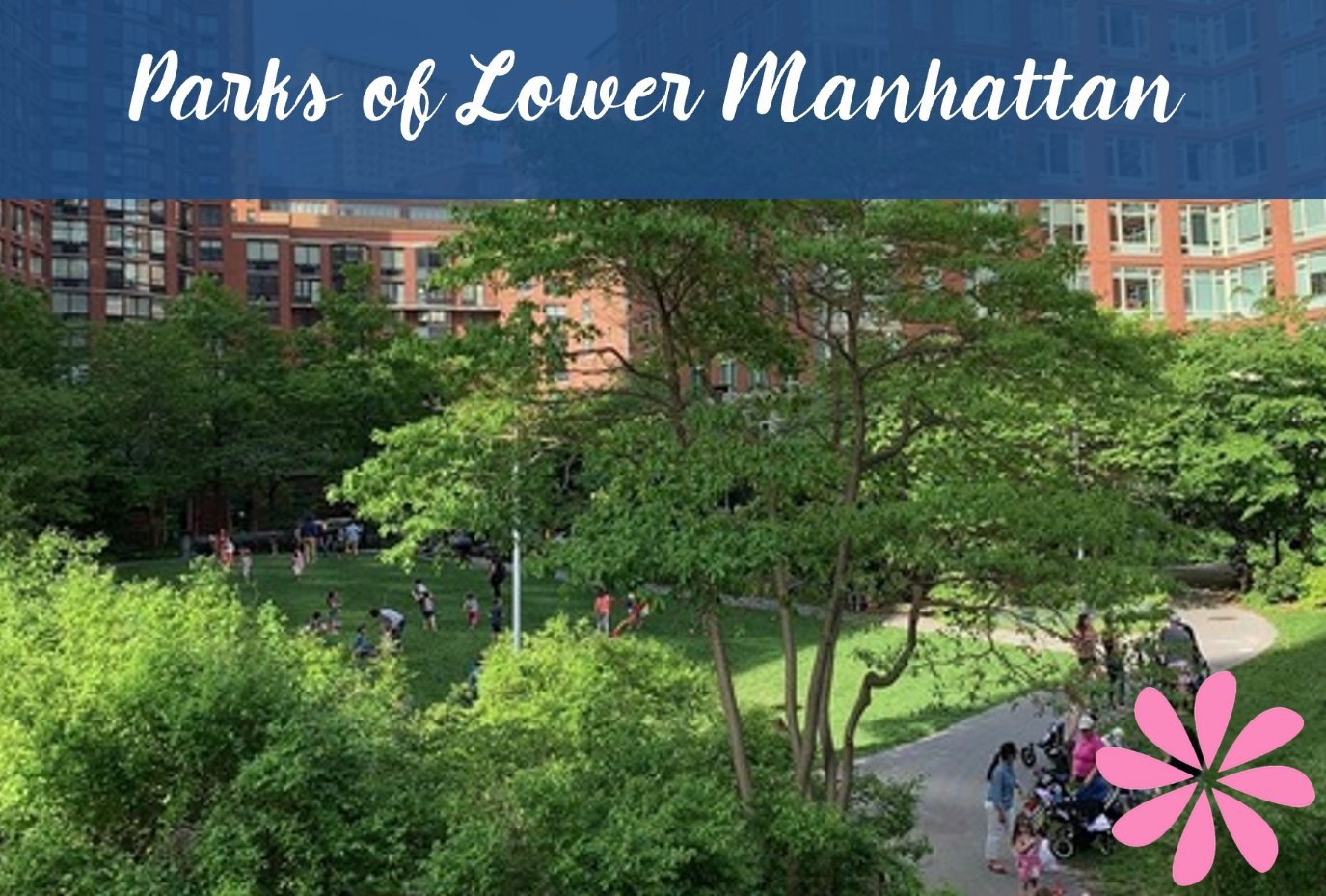With parent-teacher conferences right around the corner, it is normal to experience a slight (or sometimes a lot!) pang of anxiety. “Am I doing the right things for my child?” “What if there is something wrong?” “Would my child succeed in life?” The questions pile up. While the worries grow, they are sensed and absorbed by the child – even if we don’t verbally express them. Instead of helping our child flourish, we end up deterring them with our negative thoughts. That sounds like a waste of energy, right? How about channeling that wasted energy into maximizing and learning from these conferences? A win-win scenario, but perhaps easier said than done.
Mindfulness is way more than meditating. You can literally spillover that meditative state of mind in creating a productive life. Here is how to do that when it comes to the Parent-Teacher Conference time.
1: Be thankful for what you already have.
Remember the big picture and be thankful for having your beautiful child and enjoying your journey together in life. Recall the first time you met them and how surreal it felt to have a little human added to your family. Bring that feeling back. Gratitude is a powerful motivator. While the anticipation of the unknown future could weigh us down, in the grand scheme of things a parent-teacher conference may not be so worrying. Most importantly, the relationship that you cherish with your child will still be the same.
2: Check-in on your ego.
The ego is your perceived sense of identity; for example, job, possessions, your child’s performance, and so on. Let’s hone in on your identity as a parent for a moment. Poet Khalil Gibran had once said, “Your children are not your children. They are the sons and daughters of Life's longing for itself”. For a moment, take a step back and view your role as a parent as someone who’s sharing his or her journey with you. You might be responsible for their safety and growth, but your role is of a facilitator of their success rather than the one making it happen. This would take off some of your burden. Feel your shoulders softening a bit.
3: Take a collaborative perspective.
Now that we have reset some of our own views towards life and parenting, let’s revisit the concept of a parent-teacher conference. The teachers and the school are working for your child’s success as much as you are. So before you walk into the conference, reset your mindset as an opportunity to enable your child to feel empowered.
4: Prepare.
Think of a successful meeting that you have been to. What made it successful is the fact that you have accomplished what you went for. This means that you walked into the meeting with a set of goals in mind. This applies to the parent-teacher conference too. Spend a half-hour thinking of the following: your child’s three strengths, three challenges, and strategies you use at home for each challenge. Next, list the top 3 goals you would like your child to achieve by the end of the year and how to track them. Be as specific as possible. Visualize him or her achieving all of those goals, feel his or her success (the sights, smells, feeling in the body, and so on). Also, if your child has an IEP (Individualized Education Program), go back to the notes from the last IEP meeting and check any milestones you would like to track your child’s progress for. Now that you are prepared, hold your head up high, and roll your shoulders away from the ears. Walk into the meeting prepared.
5: Follow up and track progress.
Use the momentum to stay on track with the areas that your child needs progress on. Stay in touch with the teachers to ask for strategies to use at home. Use each parent-teacher conference as a building block to facilitate a successful future for your child. Ultimately, focus the need to create a good human rather than creating just an academically sound person. Also, enjoy every moment with your child. Stay mindful in your relationship with her or him. For example, stay connected with your child instead of simply pushing her or him to perform; teach empathy by always encouraging your child to put themselves in others’ shoes; switch off your screens and be fully present with the child – because this in itself is the best motivator for your child to succeed.
Enjoy the parent-teacher meeting and use it as a tool to become mindfully connected with your child’s progress. If you have any more questions after reading these, contact Ayman Mukerji Househam HERE. Ayman offers one-on-one mindfulness sessions to children, families, schools, and adults.
Related articles:
How to deal with Separation Anxiety
Building a Parent-Teacher Relationship
 |  |  |
Macaroni Kid Lower Manhattan is the family fun go-to source for the latest and most comprehensive information in our area. Subscribe for FREE today.




